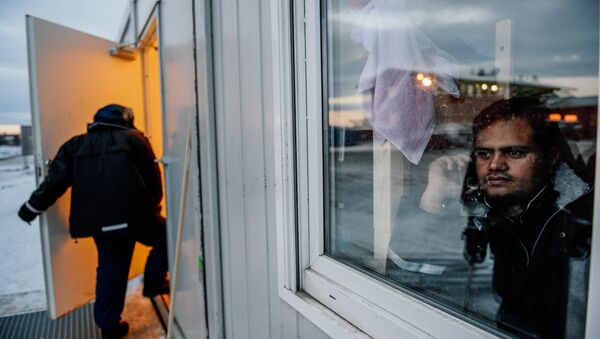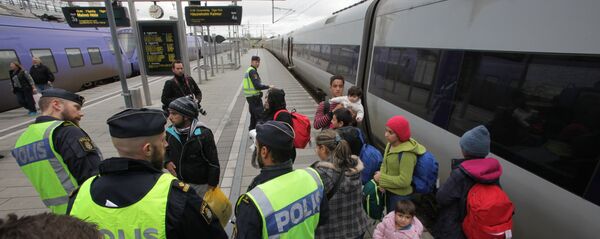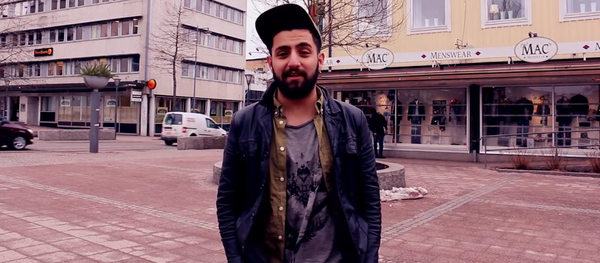Integration Minister Sylvi Listhaug of the conservative-liberal Progress Party (Fremskrittspartiet) used Sweden as an example of how not to handle migrants when speaking about the recent terror attacks in Europe. She went on to present a package of asylum reforms for the Norwegian parliament to discuss, which include tighter rules for family reunification, as well as higher support requirements for immigrants.
"Many of those who have carried out terror attacks in Europe were born and bred in France and Belgium. It shows how important it is to succeed with integration, which is once again to how many come to Norway. Therefore, a tighter immigration policy is important," Listhaug said, as quoted by the Norwegian newspaper Dagbladet.
Recently, Norway launched a debate on so-called ‘parallel societies' and ethnic neighborhoods where even the police don't dare to tread, a problem which drew even more attention in the aftermath of the Brussels attacks. Listhaug acknowledged that the problem exists.
"We have foreign fighters who have left Norway, as well as radical environments. We should not stick our heads in the sand and say that everything is alright. Fortunately, we are a still long way from what we see in some other countries, for example Sweden," she told the Norwegian News Agency NTB.
Earlier this month, Daesh terrorist Mohamed Belkaid, who for years lived in Sweden and was later shot dead just days before the terrorist attack in Brussels, was pointed to as a "commander" of the terrorist cell that carried out the terrorist attacks in both Brussels and Paris.
Despite the measures being taken, Sweden is still struggling to cope with the record high 163,000 asylum requests it received last year, and experiencing increasingly violent clashes between various ethnic communities in troubled suburbs in its big cities, such as Stockholm, Gothenburg and particularly Malmö, where the share of inhabitants from a non-Swedish background rose above 50 percent as early as 2014. First and second-generation immigrants tend to settle down in uneasy enclaves where ethnic Swedes rarely live. Particularly notorious enclaves, such as Stockholm's Rinkeby or Malmö's Rosengård, are known to function as a breeding ground for violent ethnic crime and extremism.
Cultural Enrichment — Sponsored by Migrationsverket™#Rinkeby #CulturalMarxism pic.twitter.com/P3RfotkeHo
— Emma Tuvesson (@FerociousNorse) 29 марта 2016 г.




